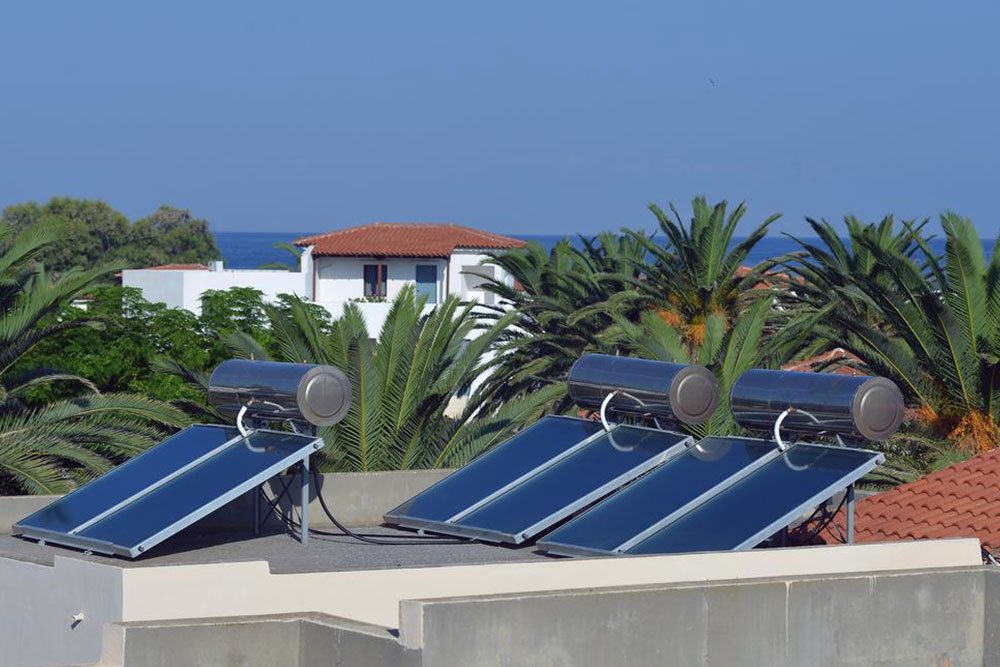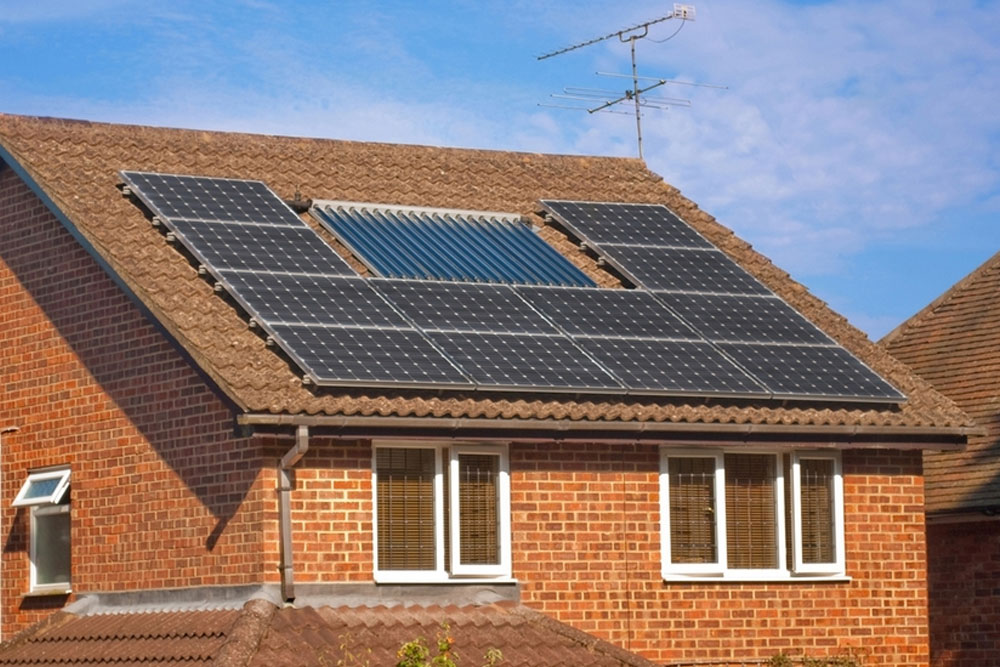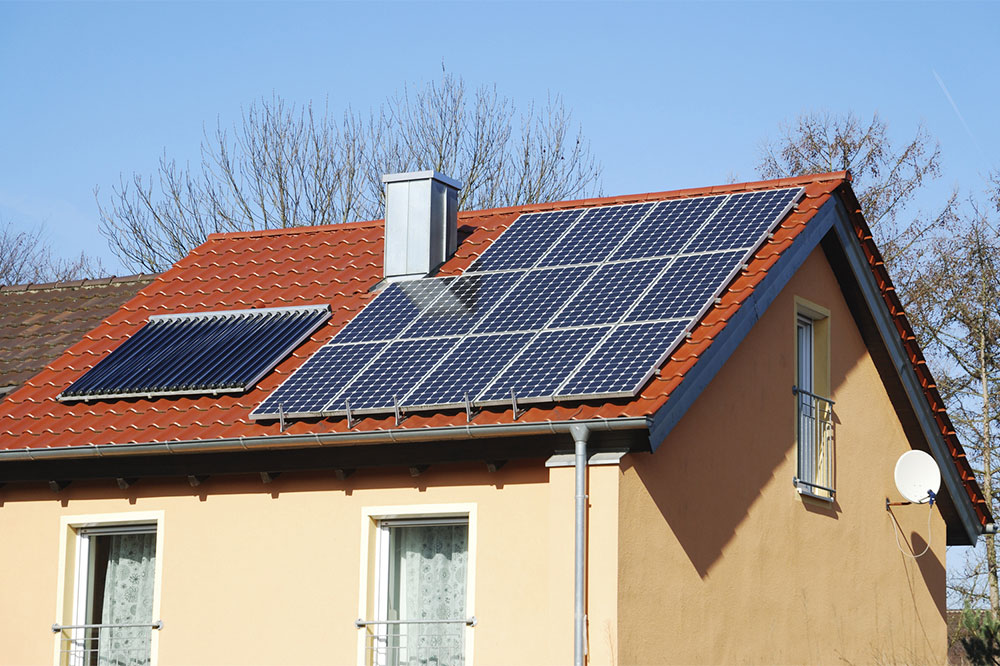A short primer on solar panels and their functionalities
Solar energy can be used to generate electricity and heat with the help of solar panels. They convert solar energy into electrical energy to power certain home appliances and provide heat using heating systems. Solar panels are a sequence of interconnected silicon cells joined together to form a circuit. Various processes are employed to utilize heat and light to generate power.
- The process of generating solar power involves solar panels and some electrical devices that convert the light and heat energy from the sun into electricity using specialized photovoltaic cells.

Advantages and disadvantages of solar panels
There are many advantages to using solar panels, such as high savings, renewable energy, low carbon footprint, easy maintenance and replacement, long lifespan, efficiency, reliability, and increased value of the property.
There are a few disadvantages of solar panels too. They include high installation cost, hidden pollutants, the requirement of a large space for installation, time restriction (can absorb solar light only during the day), and geographical location limitation.
Solar panels are used in many things that we use every day. Road signs, hot water, satellites, and calculators use solar energy. Solar panels can be made at home and be used for generating electricity. One can install solar panels with proper guidelines and make the most of the natural source or energy present for us.




